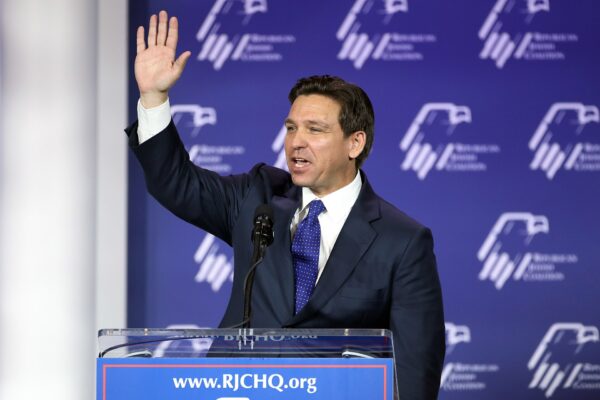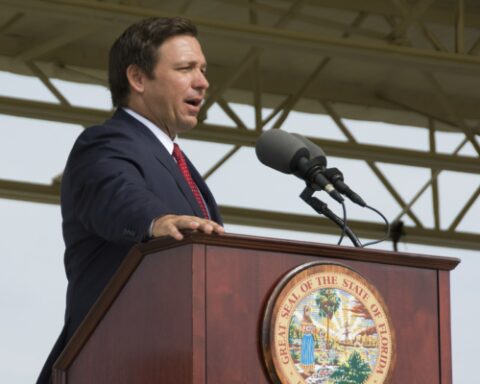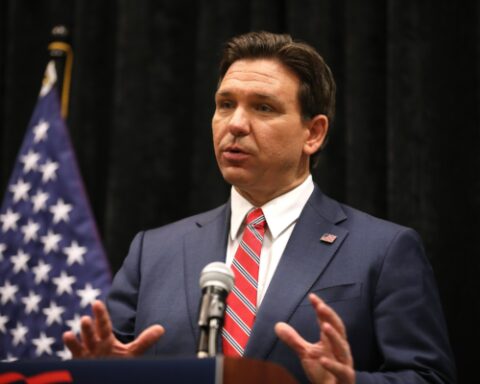Florida lawmakers are now reportedly weighing a new proposal to give homeowners relief from the state’s steep rise in property taxes, which have climbed nearly 45 percent since 2019.
Under a measure sponsored by Republican Representative Jeff Holcomb, qualifying Floridians could receive annual rebates of $1,000 over five years—a total of $5,000 between 2026 and 2030.
House Bill 71 would extend the rebates to homeowners who receive a homestead exemption and whose properties are valued between $100,000 and $450,000.
The bill is part of a broader effort by Republican leaders to address an affordability crisis fueled by soaring home values and the lingering economic effects of the pandemic.
Governor Ron DeSantis first floated the idea of $1,000 property tax rebates earlier this year, calling it “immediate property tax relief” for residents struggling to keep up with bills. “Property taxes effectively require homeowners to pay rent to the government,” the governor said in March. “Floridians need relief. I am proposing a plan that will result in—on average—$1,000 rebate checks for each homestead as a discount on their property taxes.”
While DeSantis hoped to begin issuing rebates by December, Holcomb’s bill follows a slower timeline, with the measure set to take effect in July 2026 if approved. “My goal is to get it to them before November, when you really start to get those bills, and they have to start paying them,” Holcomb told Tampa’s WFLA. He emphasized that the rebates would not undercut local government budgets, which rely heavily on property tax revenue. “My goal is not to damage local government because I know what those budgets look like,” he said. “Our number one job as elected officials, whether local or state or federal, it’s got to be public safety. It’s got to be taking care of our people.”
Holcomb estimates that about 3.5 million Floridians could benefit from the program. Funding for the rebates would come from the state, and the Florida Department of Financial Services would oversee administration, working with local property appraisers to determine eligibility and ensure payments are properly distributed.
The legislation comes as homeowners across the state struggle with skyrocketing bills. During the pandemic, historically low interest rates and the rise of remote work triggered a housing boom, driving property values—and corresponding taxes—to historic highs.
In fast-growing areas such as Tampa and Jacksonville, tax bills have risen by as much as 60 percent in just five years.
The proposal, now before the Select Committee on Property Taxes, could be amended as it moves through the House and Senate.
If passed and signed by the governor, it would represent one of the most direct attempts by the state to offset a growing tax burden that threatens affordability for middle-class homeowners.
DeSantis has also backed broader reforms, including proposals to eliminate property taxes entirely—a dramatic idea supported by some conservatives but criticized by local officials who warn it could undercut funding for schools, law enforcement, and essential services. Still, the governor has pledged that Florida will see no property tax increases this year.
“Let’s get this done for the people of Florida this session,” DeSantis said.
[READ MORE: Gavin Newsom Short Circuits When Left-Wing Podcast Host Brings Up Topic of ‘AIPAC’]








